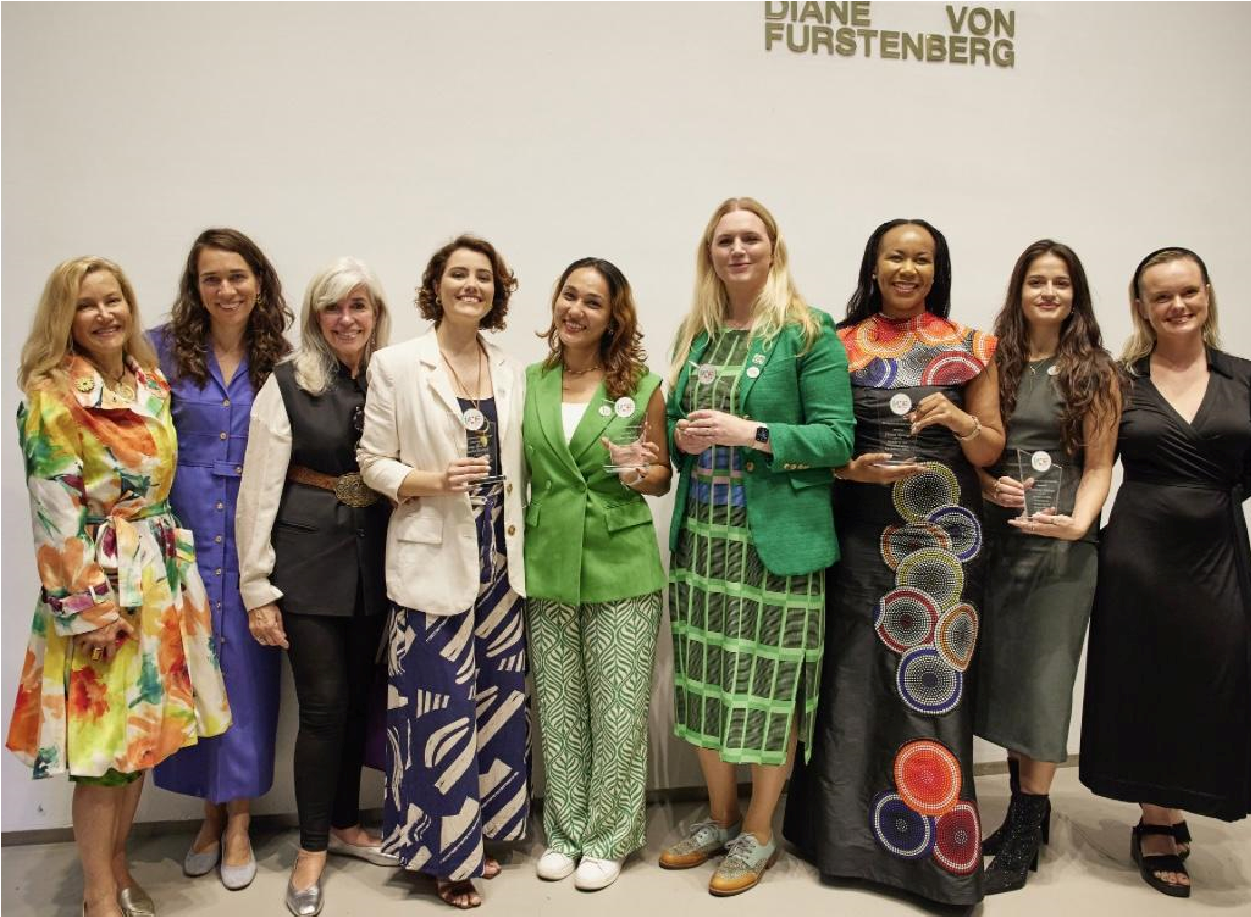Gender equality and women's empowerment play a vital role in achieving the Sustainable Development Goals (SDGs) outlined by the United Nations. Acknowledging the significance of SDG 5, which explicitly targets gender equality and the empowerment of all women and girls, it's worth noting that these elements are fundamentally tied to all 17 goals. Each goal, whether it pertains to poverty eradication, quality education, or climate action, is directly or indirectly affected by gender dynamics. Gender inequality inhibits economic growth (SDG 8) by depriving economies of the full potential of half its population, thereby exacerbating poverty (SDG 1) and hunger (SDG 2). Additionally, gender-based discrimination can limit access to quality education (SDG 4) and decent work (SDG 8) for women and girls, further perpetuating inequality. In health matters, gender roles and stereotypes often result in disparities in healthcare access and outcomes (SDG 3). With respect to environmental sustainability (SDGs 13, 14, and 15), women, particularly those in rural areas, bear the brunt of climate change impacts, but they also hold unique knowledge and skills crucial for mitigation and adaptation strategies. Likewise, women's underrepresentation in decision-making roles limits their influence on peace and justice (SDG 16) and partnerships for goals (SDG 17). Thus, achieving gender equality isn't only about justice for women and girls, but also about progress on every SDG. Women's empowerment creates a multiplier effect that boosts economic growth and promotes sustainable development, thereby setting a direct path towards achieving the SDGs. Encouragingly, concerted efforts worldwide are recognizing and amplifying women's roles in society, placing gender equality and women's empowerment at the heart of the SDGs. Such advancements signify a positive stride towards a balanced and equitable world.
RELX has been a Lead Partner and supporter of the WE Empower Challenge since 2023. The WE Empower UN SDG Challenge honors innovative women leaders from around the world who are pushing the United Nations Sustainable Development Goals or SDGs forward, through sustainable business practices and inspiring others to follow suit. Read about the 2024 awardees.
Celebrating Women Pioneers in Molecular Biology
This special issue highlights and celebrates women in molecular biology. This perspective article by Lila Gierasch highlights her background, what motivated her to pursue a career in science, key discoveries made. What has changed since she entered the field and what she thinks the future holds for the field.
Celebrating Women Pioneers in Molecular Biology
This special issue highlights and celebrates women in molecular biology. This perspective article by Carol Carter highlights her background, what motivated her to pursue a career in science, key discoveries made. What has changed since she entered the field and what she thinks the future holds for the field.

